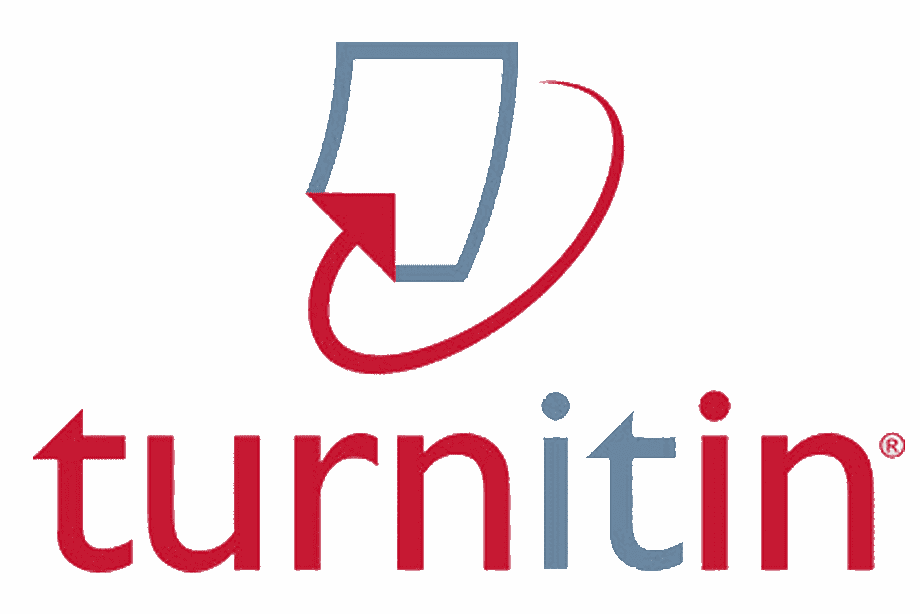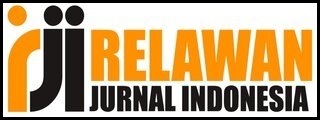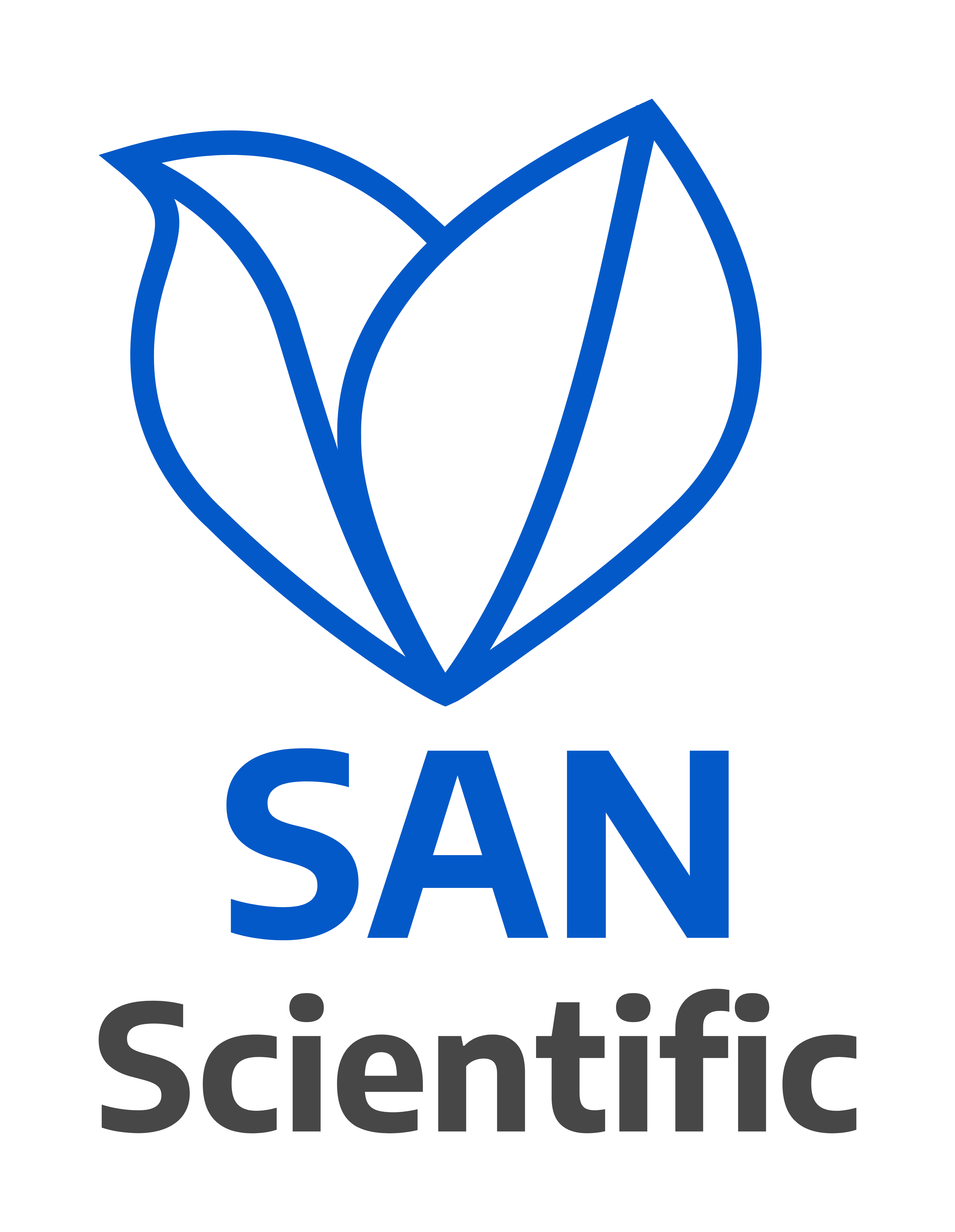The effect of Knowledge Management, Entrepreneurial Orientation, Transformational Leadership, and Management Control System on Learning Organization
DOI:
https://doi.org/10.58777/rie.v1i1.71Keywords:
Organization Learning, Knowledge Management, Entrepreneurial Orientation, Transformational Leadership, Control Management SystemsAbstract
This study investigates the strategy for developing an organizational learning culture at PT Bank Syariah Indonesia Branch Office Jakarta Bendungan Hilir. It employs four independent variables, namely knowledge management, entrepreneurial orientation, transformational leadership, and control management systems, with organizational learning as the dependent variable. The survey method is used, and data is collected through a questionnaire administered to all employees, with a sample of 71 respondents analyzed using SPSS 25. The findings indicate that knowledge management, entrepreneurial orientation, transformational leadership, and control management systems do not directly impact organizational learning. However, when considered collectively, these factors significantly influence the formation of an organization's learning culture, accounting for 71.9% of the variance. This study examines the collective impact of knowledge management, entrepreneurial orientation, transformational leadership, and control management systems on developing an organizational learning culture. The findings provide organizations with valuable insights to make informed decisions that enhance learning capabilities and cultivate a culture prioritizing continuous learning and improvement. Recognizing the significance of these factors enables organizations to shape their practices and policies, fostering a strong learning environment, facilitating knowledge sharing, and driving innovation.
References
Adamy, M. (2016). Human Resource Management: Theory, Practice, and Research. Lhokseumawe: Malikussaleh University.
Alhusain, Ahmad Sani. (2021). Bank Syariah Indonesia: Tantangan Dan Strategi Dalam Mendorong Perekonomian Nasional. Info Singkat: Pusat Penelitian Badan Keahlian DPR RI, 13(3). 22-23.
Andhara, Bobby Andre, et al. (2018). Knowledge Management: Knowledge Management Strategy to Excel in the Era of Disruption. Jakarta: PT Gramedia Pustaka Utama.
Fuertes, G., Alfaro, M., Vargas, M., Gutierrez, S., Ternero, R., & Sabattin, J. (2020). Conceptual Framework for the Strategic Management: A Literature Review—Descriptive. Journal of Engineering, 2020. https://doi.org/10.1155/2020/6253013
Ghozali, Imam. (2016). Application of Multivariate Analysis with IBM SPSS 23 Program. Semarang: BPFE Diponegoro University.
Hatane, Saarce Elsye, et al. (2020). The Design and the Use of Management Control Systems in Developing Organizational Learning. International Conference on Logistics and Business Innovation, 188–206. https://doi.org/10.18502/kls.v5i3.6572
Imhanzenobe, J., Adejumo, O., & Ikpesu, O. (2021). A Review of Knowledge Management And Its Application In The Contemporary Business Environment. African Journal of Business Management, 15(10), 274-282. http://dx.doi.org/10.5897/AJBM2021.9223
Mangoting, Yenni & Soengkono, Meidiyanti. (2018). Effects of Leadership Style, Management Control System and Organizational Commitment on Learning Organizations. Equity: Journal of Economics and Finance, 2(3). https://doi.org/10.24034/j25485024.y2018.v2.i3.3962
Mantok, Stanzin, et al. (2018). Entrepreneurial orientation and the mediating role of organizational learning amongst Indian S-SMEs. Journal of Small Business and Enterprise Development. https://doi.org/10.1108/JSBED-07-2018-0215
Muis, Indra & Isyanto Puji. (2022). The Effect of Transformational Leadership and Knowledge Management on Organizational Performance: Learning Organizations as Mediators. Owner: Research & Journal of Accounting, 6(1). https://doi.org/10.33395/owner.v6i1.543
Nurdiyanti, Y., & Nurmalasari, N. (2020). Management of Skills Programs to Improve the Competencies of Graduates of Learning Citizens. Jurnal Pendidikan Luar Sekolah, 8(2), 176-185. https://doi.org/10.24036/kolokium-pls.v8i2.436
Purnomo, M., Permana, E., Qosasi, A., Febrian, A. F., & Miftahuddin, A. (2019). Entrepreneurial Orientation in Micro and Small Enterprises of Traditional Food Centers in Bandung, West Java. Binus Business Review, 10(3), 167-174. https://doi.org/10.21512/bbr.v10i3.5611
Ramaditya, M., Maarif, S., Sukmawati, A., & Affandi, M. Joko. (2022). A Systematic Literature Review of Talent Management and Knowledge Management in Improving Higher Education Performance. International Journal of Indonesian Business Review, 1(1), 117-128. https://doi.org/10.54099/ijibr.v1i1.199
Ramaditya, M., Maarif, S., Sukmawati, A., & Affandi, M. Joko. (2022). How Private University Navigates and Survive: Insights from Indonesia. https://doi.org/10.29313/mimbar.v0i0.8784
Rianto, M., Jasfar, F., & Arafah, W. (2021). Mediating Effect of Organization Learning on The Relationship Between Strategic Change, Knowledge Management, and Transformational Leadership: Case of Indonesian Islamic Banks. Journal of Economic Development, Environment, and People, 10(3), 26-49. https://doi.org/10.26458/jedep.v10i3.697
Solikahan, E. Z., & Mohammad, A. (2019). Development of Entrepreneurial Orientation. International Journal of Applied Business and International Management, 4(1), 31-37. http://dx.doi.org/10.32535/ijabim.v4i1.380
Supriya. (2016). Management Control System. Jakarta: Publisher's creative partner.
Wijaya, Anthony & Dhamayanti, Diah. (2016). The Effect of Entrepreneurial Orientation on Financial Performance with Marketing Capability and Organizational Learning as Intervening Variables At Pt. Asuransi Central Asia In Surabaya. Journal of Marketing Management, 10(2). https://doi.org/10.9744/pemasaran.10.2.43-51
Wijaya, C., & Rifa’I, M. (2016). Dasar-Dasar Manajemen: Mengoptimalkan Pengelolaan Organisasi Secara Efektif dan Efisien. Medan: Perdana Publishing.
Downloads
Published
How to Cite
Issue
Section
Copyright (c) 2023 Jauhara, Muhammad Ramaditya

This work is licensed under a CC Attribution-ShareAlike 4.0
 Views: 147
|
Views: 147
|
 Downloaded: 108
Downloaded: 108










